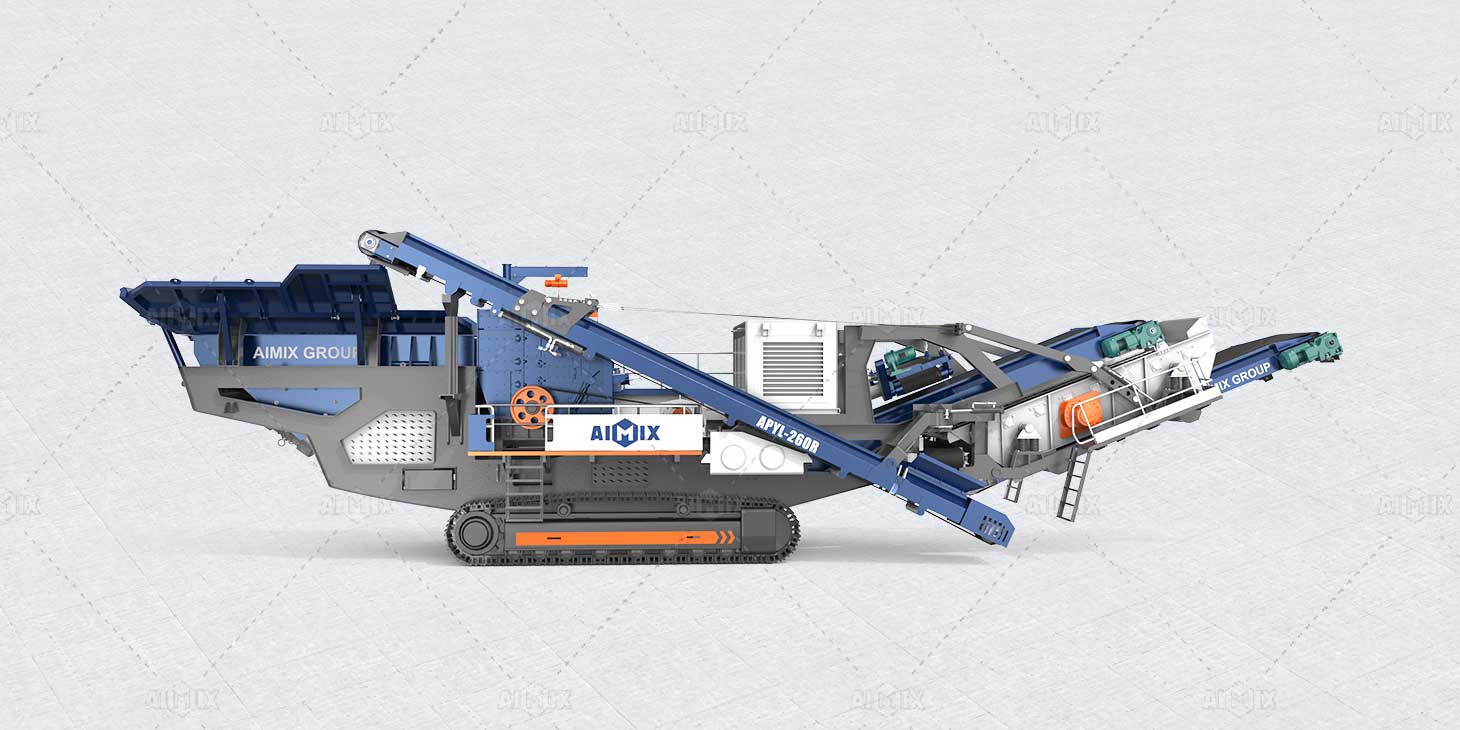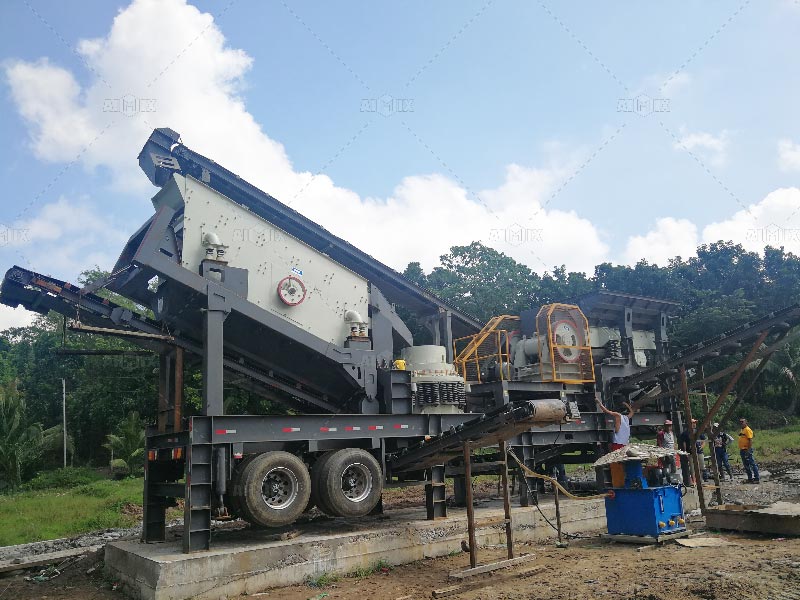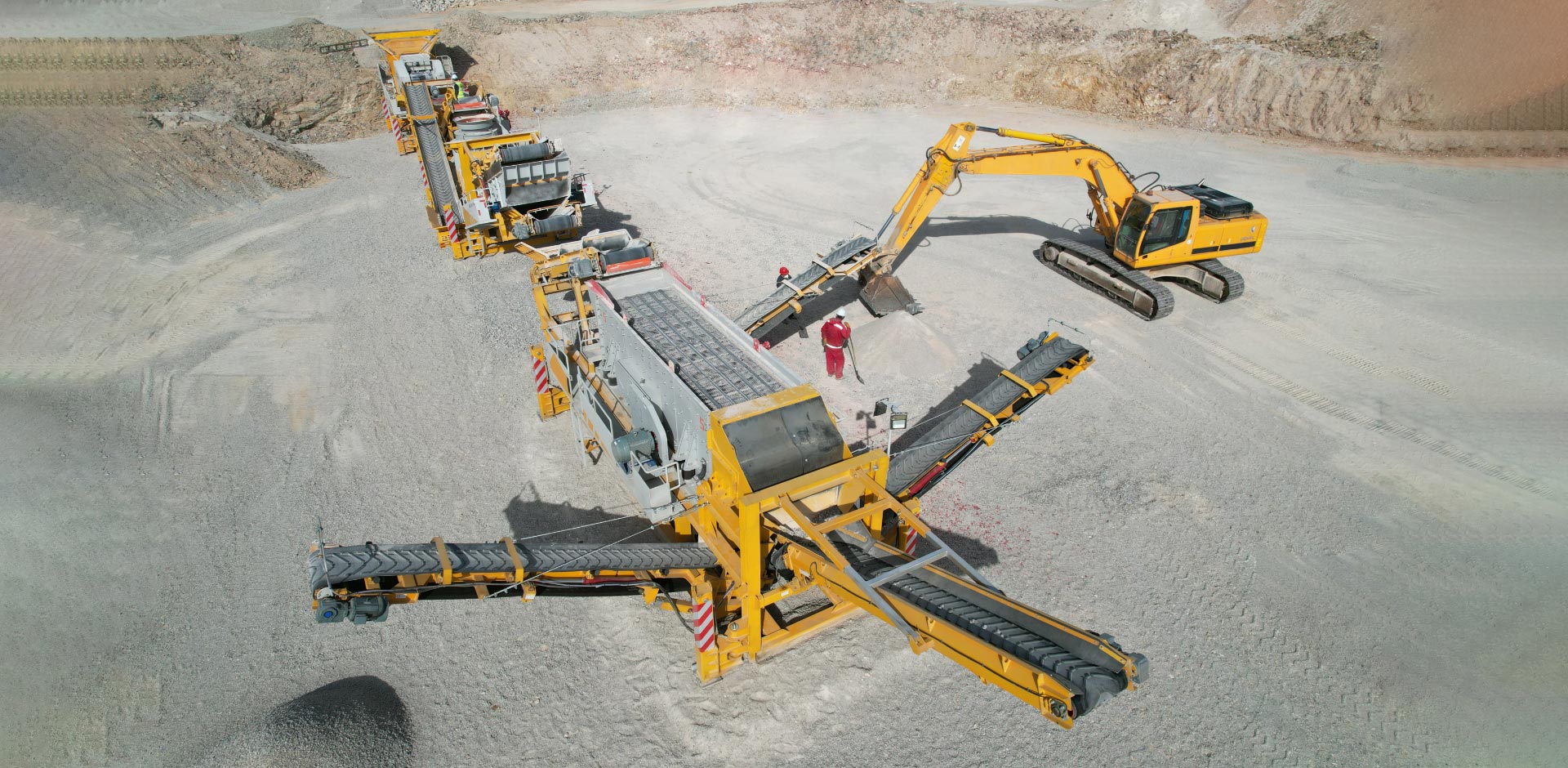Ordering heavy machinery such as concrete crusher machines from foreign manufacturers can be an intricate process, laden with various challenges that can impede timely delivery and operational efficiency. As construction projects often hinge on the availability of such equipment, understanding the potential pitfalls in the shipping process becomes imperative.
This article delves into the multifaceted shipping challenges faced when procuring concrete crusher for sale from overseas suppliers, offering insights that can help mitigate risks and enhance the procurement experience.
Logistical Complexities
The logistics of transporting heavy machinery across international borders involves a labyrinth of regulations, documentation, and coordination with multiple parties. These complexities can often lead to delays and unexpected costs.

Regulatory Compliance
One of the foremost challenges in shipping concrete crusher machines lies in navigating the intricate web of regulatory requirements. Each country has its own set of import/export regulations, which can encompass everything from safety standards to environmental regulations. Ensuring compliance with these regulations demands thorough research and, often, consultation with legal experts. Non-compliance can result in hefty fines, delays in customs clearance, or even seizure of the machinery, underscoring the necessity of meticulous planning.
Coordination with Multiple Parties
Shipping a concrete crusher typically involves various stakeholders, including manufacturers, freight forwarders, customs brokers, and shipping lines. Each participant plays a critical role in ensuring the crushing machine reaches its destination safely and on time. However, miscommunication or lack of coordination among these parties can lead to logistical nightmares. For instance, if a freight forwarder is unaware of specific delivery requirements or timelines set by the manufacturer, it can result in significant delays, compounded by the added costs of storage or demurrage.

Transportation Challenges
The actual transportation of heavy machinery presents its own set of obstacles. From the initial transportation to the loading dock to the final delivery at the construction site, each stage requires careful orchestration.
Handling and Loading Issues
Concrete crushers, due to their sheer size and weight, necessitate specialized handling equipment during loading and unloading. Inadequate handling can damage the machinery or pose safety risks to workers. Furthermore, if the loading facilities lack the appropriate equipment to accommodate such heavy machinery, delays can ensue. Ensuring that the appropriate cranes or forklifts are available at both the shipping and receiving ends is essential to avoid potential mishaps. Get more transporting details about AIMIX crushing machinery.
Transportation Modes and Costs
Choosing the most efficient mode of transportation is crucial in mitigating shipping costs and ensuring timely delivery. Options may include shipping by sea, air, or land, each with its own cost implications and timeframes. While air freight may offer faster delivery, it often comes at a premium price. Conversely, sea freight, while more economical, can introduce extended transit times and susceptibility to weather-related delays. A strategic approach to selecting the mode of transport is vital to align with project timelines and budgetary constraints.
Customs and Documentation Hurdles
Customs clearance can be one of the most daunting aspects of international shipping, particularly for heavy crushing machinery. The intricacies involved in proper documentation and compliance with customs regulations can lead to significant delays and unforeseen expenses.
Documentation Requirements
Ordering a concrete crusher from abroad necessitates a plethora of documentation, including commercial invoices, packing lists, and certificates of origin. Each document plays a pivotal role in the customs clearance process. Incomplete or inaccurate documentation can result in customs holds, necessitating additional time and resources to rectify the situation. Therefore, meticulous attention to detail when preparing these documents is paramount to ensure a seamless customs experience.
Customs Fees and Tariffs
Beyond the documentation, the financial implications of customs fees and tariffs can significantly impact the overall cost of stone crushing machinery. Each country imposes its own tariffs, which can vary based on the machine’s classification and value. Understanding these potential costs in advance can aid in budgetary planning and prevent financial shock upon arrival. Furthermore, engaging a knowledgeable customs broker can facilitate smoother navigation through the complexities of tariffs and fees, ultimately saving time and money.
Conclusion
In conclusion, while ordering a concrete crusher machine from foreign manufacturers can offer significant advantages, it is not without its challenges. From logistical complexities and transportation issues to customs hurdles, each phase of the shipping process requires careful planning and execution. By understanding these potential challenges and proactively addressing them, businesses can enhance their procurement strategies and mitigate the risks associated with international shipping. In an increasingly globalized market, vigilance and preparation are key to ensuring that heavy machinery is delivered efficiently and effectively to meet project demands.
